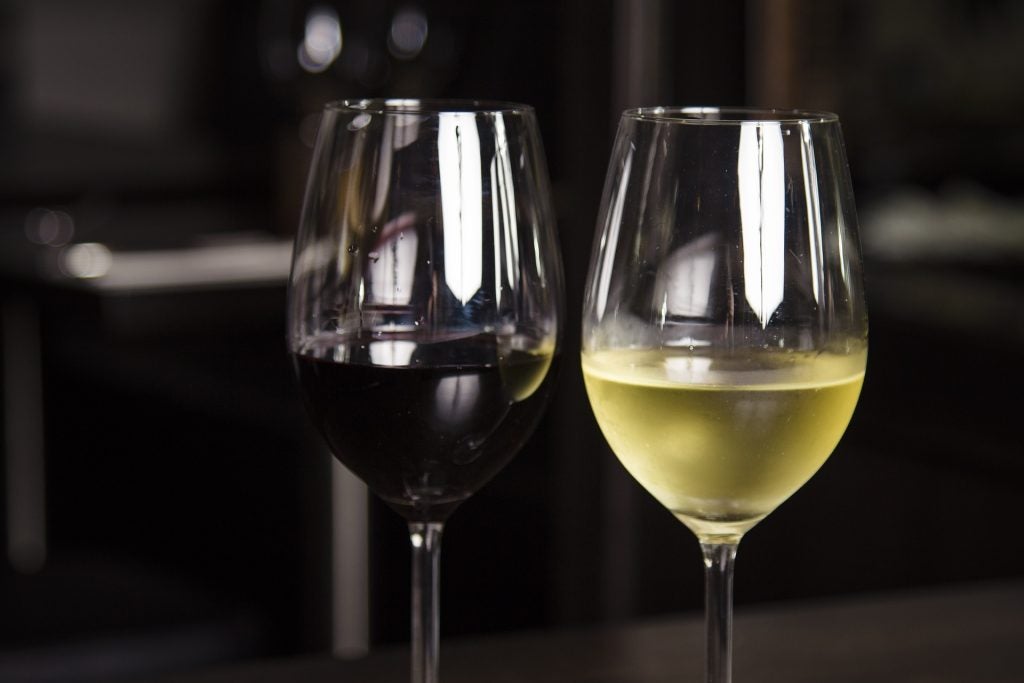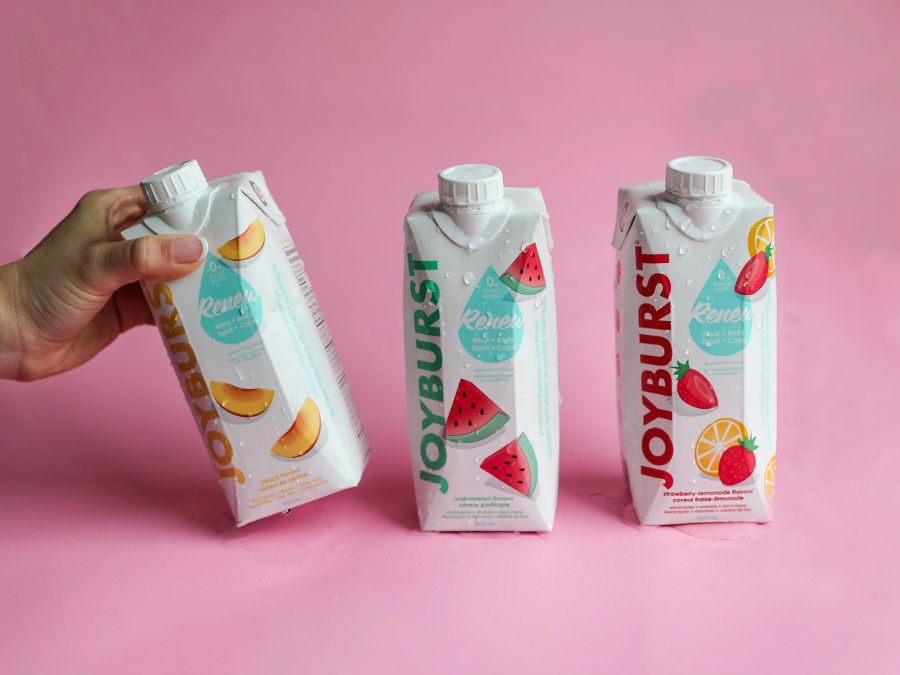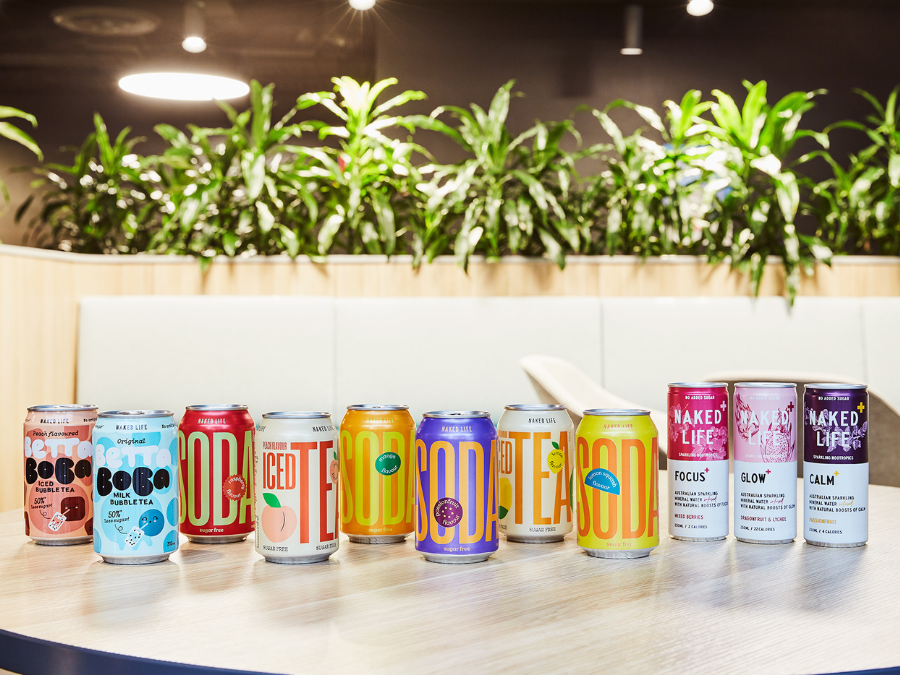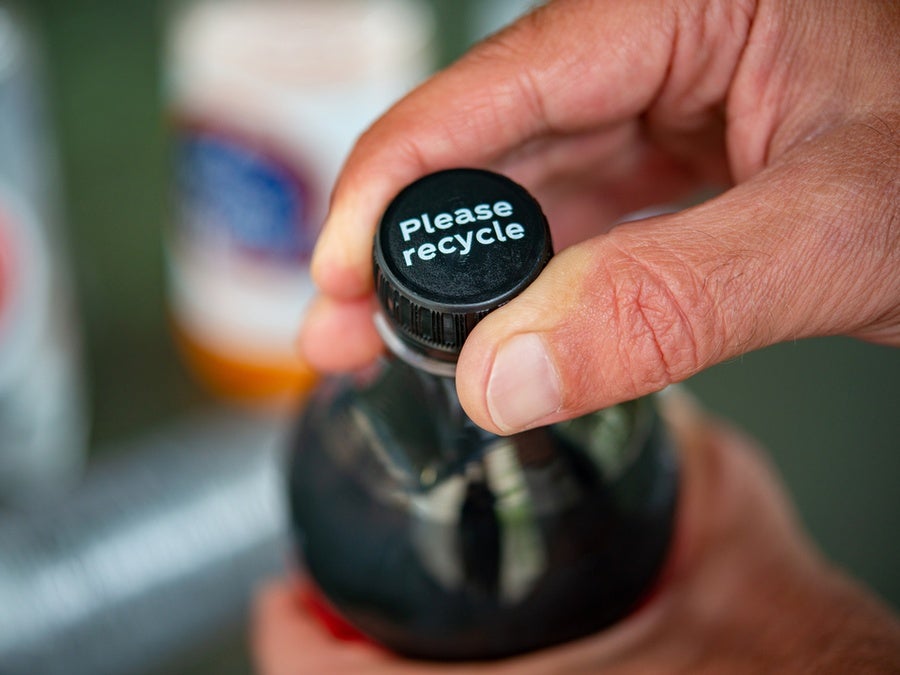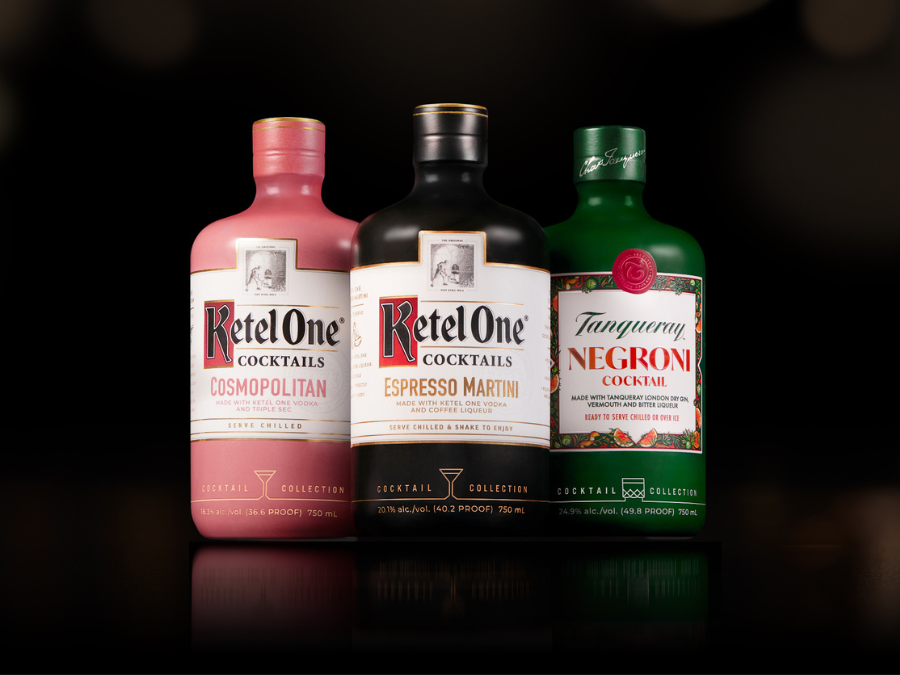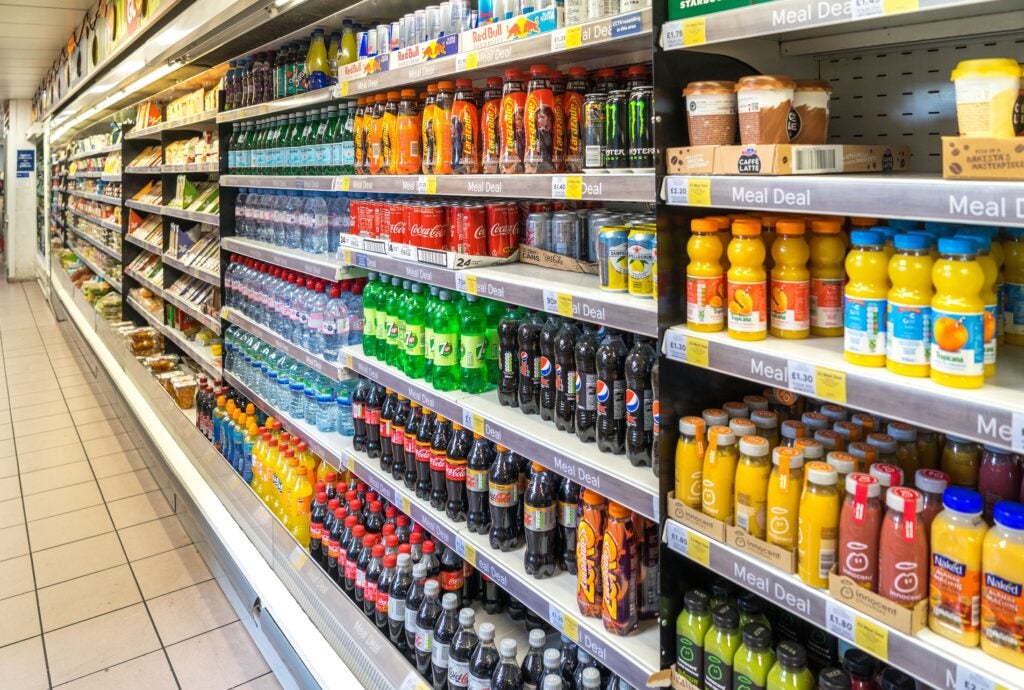The UK government’s action to scrap EU laws that oversee wine production has been welcomed by industry trade bodies, while others fear they could lead to “watered-down” wine.
The reforms, which will begin in 2024 and aim to scrap EU “red tape”, include scrapping foil caps and mushroom-shaped stopper requirement for certain sparkling wines; removing the requirement for imported wines to have an importer address on the label; and allowing UK bottlers to blend, carbonate, sweeten and de-alcoholise imported wine in-market.
The post-Brexit nation’s Wine and Spirit Trade Association (WSTA) and Wines of Great Britain (WineGB) indicated they both believe the changes to wine regulation will help the domestic industry, which the UK government claimed was worth over £10bn in 2022.
“Removing the restrictive rules on importer labelling will significantly reduce the post-Brexit impact of having to have a unique UK label,” CEO of WSTA Miles Beale said.
“Moving to labelling Food Business Operator should allow one common label for both UK and EU markets, which will maintain the UK as an attractive destination market and support our aim for UK consumers continue to have access to the widest possible choice of wine from around the world.”
The Food Business Operator is the person responsible for ensuring legal requirements of food packaging.
The reforms, plans for which were announced in May, also include allowing UK farmers who make wine with a Protected Designation of Origin (PDO) access to a wider choice of vine varieties. The government said farmers will be able to use varieties that work best for them and grow more disease-resistant vines.
Rules governing the “mandatory” use of foil wraps/sheets and mushroom-shaped stoppers on sparkling wine have been scrapped. As have the rules on bottle shapes, giving producers free-reign on design concepts.
Imported wines will no longer have to be labelled with an importer, which the government claimed “will reduce costs and bureaucracy for consumers.”
Another change will see imported wine allowed to be carbonated, sweetened and de-alcoholised in the market. The UK government will also allow the production and sale of piquette, a lower-alcohol drink produced by rinsing the by-products of wine production. Piquette is not legal for sale in commercial markets under EU regulation enacted in 2013 to protect the wine industry during a period of over-production.
Some fear this will lead to a flurry of lower-ABV and lower-quality wines entering the market following changes to alcohol duty in the UK this year which saw the number of total alcohol duty bands reduced and products taxed according to their strength and beverage category.
Wine expert Jamie Goode wrote on his website Wine Anorak earlier this year that the then-proposals were “a classic Trojan Horse piece of legislation”.
He said: “[The changes] could precipitate a race to the bottom, and damage the growing UK wine production sector immensely.”
Most concerned about the removal of restrictions on blending, carbonating, sweetening and de-alcoholising wine in-market and ability to label blends with a grape variety and vintage, he said the changes gave “a green light to use all these measures to make very cheap wine, and make it look like more expensive wine”.
He warned: “Existing UK bottlers will start scouring the market for the cheapest bulk wines, blending them, and then selling them at very low prices.”
In a statement from the government yesterday, UK Food and Drink Minister Mark Spencer said the reforms aimed to free producers from EU-inherited red tape.
“We have a diverse and dynamic wine sector here in the UK – but for too long our producers and traders have been held back by red tape inherited from the EU,” he said. “The reforms we’ve announced today scrap outdated and burdensome rules so that our wineries, vineyards and traders can continue to innovate and help grow our economy.”


